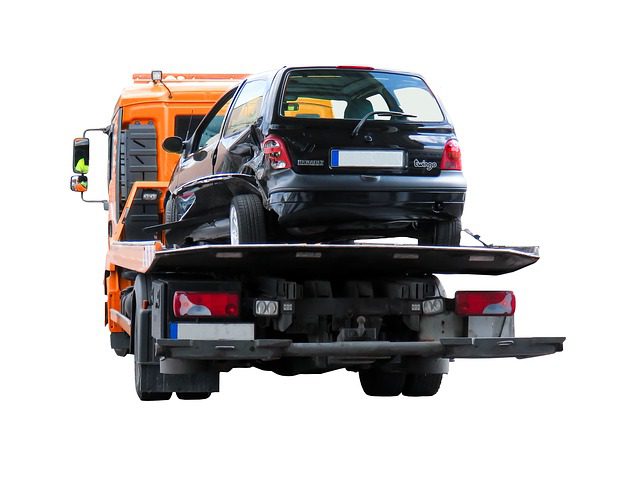A vehicle’s transmission is key to its mobility. The transmission is responsible for sending power to the driveshaft and to the wheels of the vehicle, allowing them to drive at the given speed. As a comparison, think about how a bicycle functions. The bicycle chain works similarly to a car’s transmission because the chain is what allows the tires on a bike to move, just as the transmission gives power to the wheels on a car. It’s important to recognize the signs of transmission failure before it happens so that you can avoid facing serious problems with your vehicle later on.
The Importance of Your Vehicle’s Transmission
While it may seem far-fetched, cars function similarly to how the human body functions. When you get sick and you don’t take care of yourself, you get worse. And sometimes, it can affect other parts of your body. Likewise, when your vehicle’s transmission is having problems, not taking care of the issues will make it worse. And, it can also affect other parts of the vehicle such as the driveshaft and suspension. In order to keep your vehicle running smoothly, you should be aware of the signs of transmission failure.
Situations That Can Cause Transmission Failure
Shifting While the Vehicle Is Still in Motion
This applies to automatic transmissions which operate differently than manual transmissions. Because a manual transmission is used with a clutch, which disengages the shifting gears while the vehicle is still moving, it isn’t necessary for the vehicle to be stopped before changing gears. In contrast, automatic transmissions utilize a linear operation in which teeth that are located inside the gears will grind if they’re changed while the vehicle is moving. Grinding will lead to damaged gears which in turn results in damage to the transmission. If this happens, your driveshaft and suspension could also be affected.
Towing Without Proper Towing Capabilities 
Towing heavy objects beyond your car’s ability can put a substantial amount of strain on your vehicle’s transmission. Overstraining the transmission will cause it to overheat which can affect transmission fluid levels and could result in transmission failure. So, be sure to check your vehicle’s owner’s manual before towing anything behind it. Don’t haul anything if your vehicle is not equipped to do so, or if the weight of the load exceeds the suggested limit.
Transmission Fluid Levels and Types
In order for your transmission to function properly, it requires a certain type of fluid to keep the gears lubricated and prevent grinding. If the transmission fluid levels get too low the gears will begin to grind against one another and cause damage within the transmission. Also keep in mind that there are different types of transmission fluids for different types of vehicles. Be sure to check your owner’s manual to determine which type of transmission fluid is recommended for your vehicle as this can also affect the gears and cause damage to the transmission.
Not Having Your Transmission Serviced
During a transmission service, the transmission fluid is drained and then replaced using new fluids. This helps remove dirt and contaminants such as metal shavings that build up within the transmission. If the transmission fluid is full of contaminants, the parts inside the transmission will stop functioning properly and could lead to even bigger problems later on. It’s important to have your transmission regularly serviced so you can avoid a costly repair or in some cases, a replacement.
Ignoring Transmission Failure Signs
Your transmission will give you warning signs when there is a problem with it. If you ignore these signs, the problems will continue to worsen and eventually you might be facing a transmission failure. Because it can be difficult to determine what signs you should be aware of, we’ve made a list of common symptoms to look out for:
- Hearing strange noises coming from the transmission. These noises could be squealing, chirping, knocking, ticking/clicking, popping, snapping, rattling, or rumbling. These are all indicators that a component within the transmission isn’t functioning as it should.
- Feeling your vehicle shake, shudder, or stall.
- Seeing red puddles underneath the vehicle. This means there is a leak and you’re losing transmission fluid.
- The vehicle isn’t shifting.
These signs are all indicators that there is something wrong with your vehicle’s transmission. If you notice any of these symptoms, bring your vehicle in to a certified transmission technician to have it looked at.
Trusted Transmission Repair Shop
General Transmission is Reno’s premier transmission repair shop. Not only are they experts at repairing components in the transmission that are causing problems, but they’re also proficient in transmission replacements as well. And, bringing your vehicle into their shop for routine maintenance and regular transmission services will help prevent problems from happening at all. Connect with General Transmission today to make an appointment or request a quote!
 After Hours Contact
After Hours Contact Finance OPtions
Finance OPtions